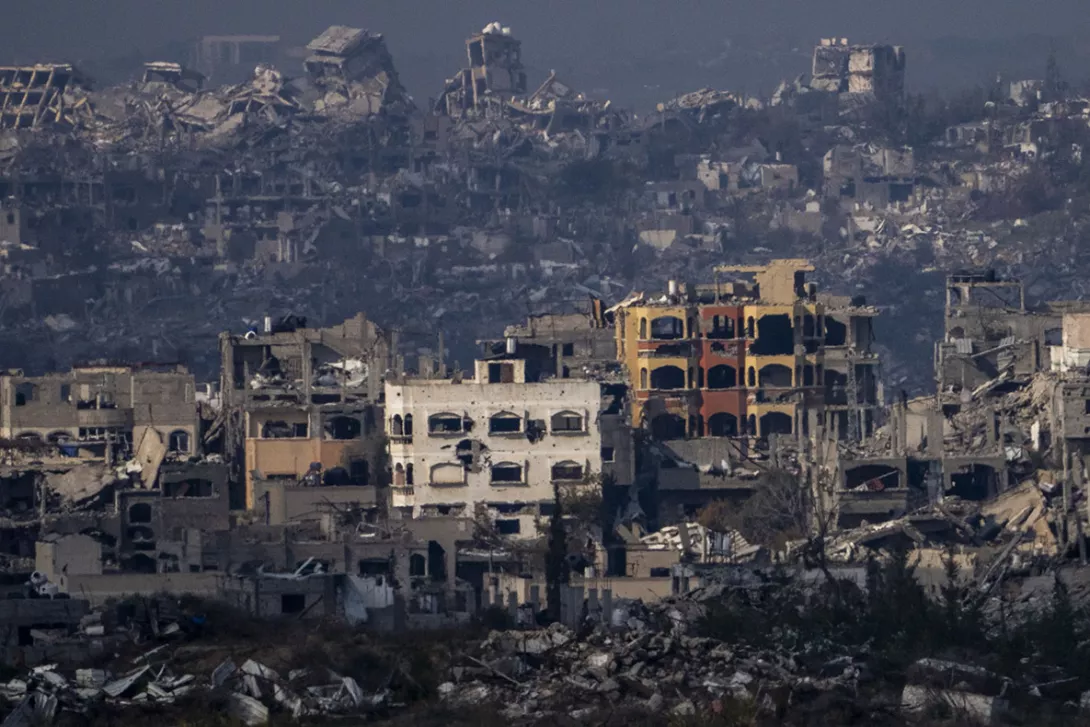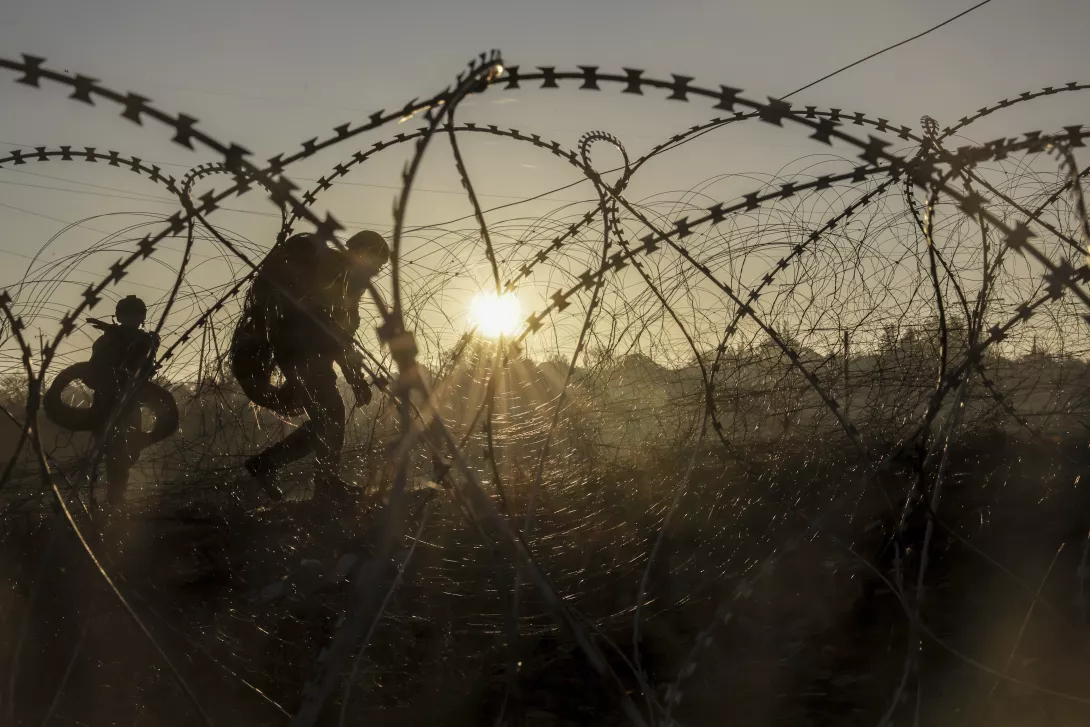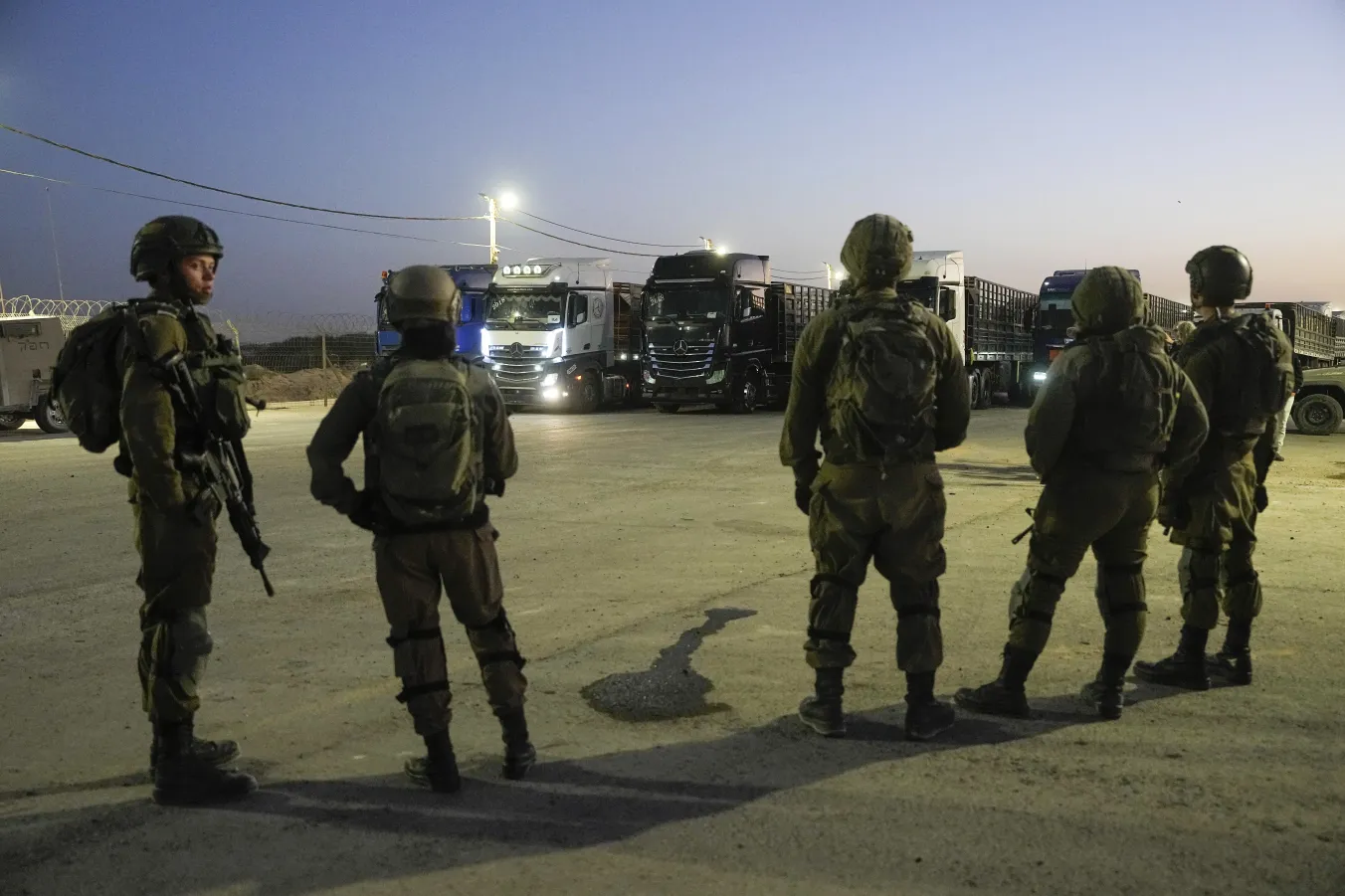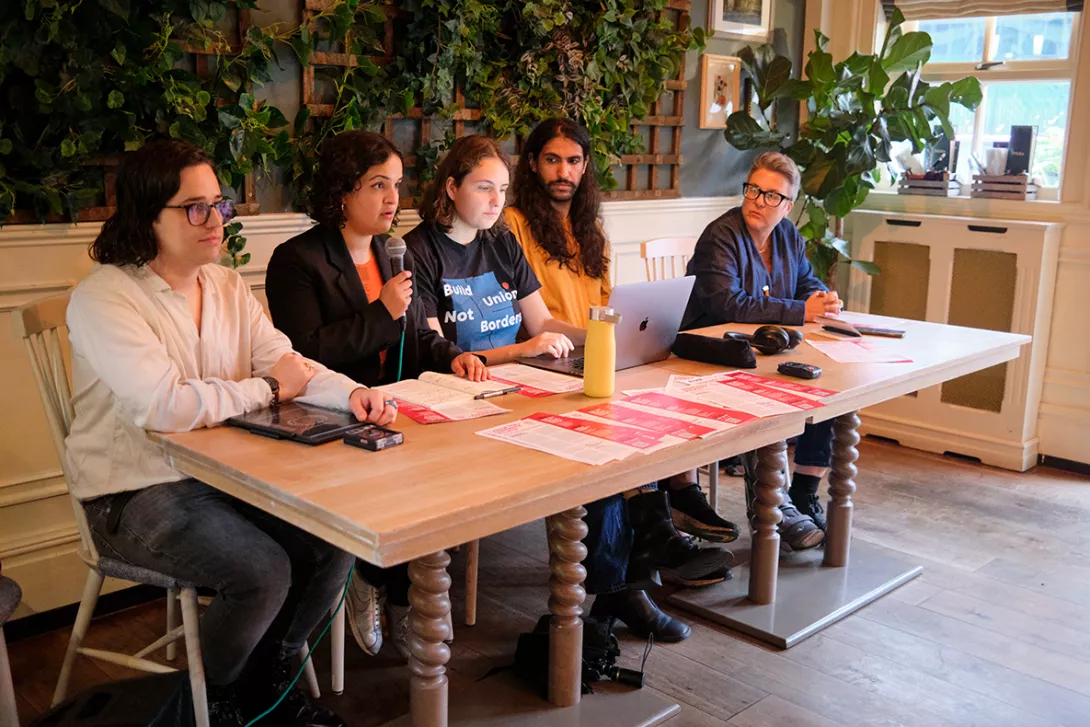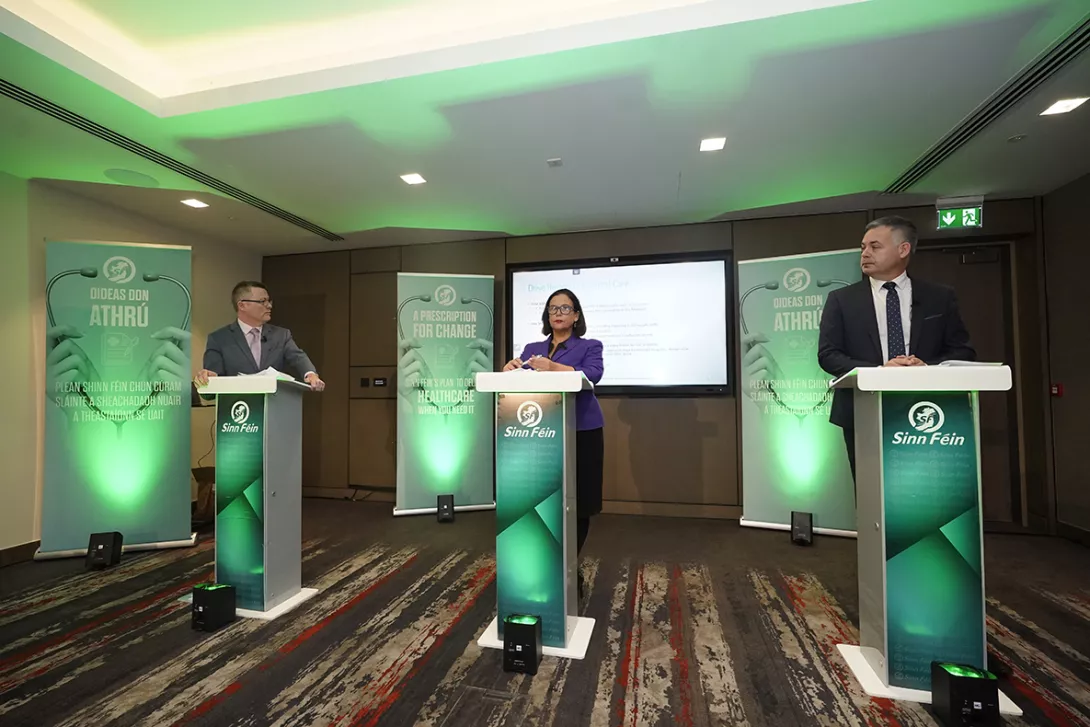Belfast's Queen’s University to provide financial support to help Palestinian scholarship students with visa fees and travel
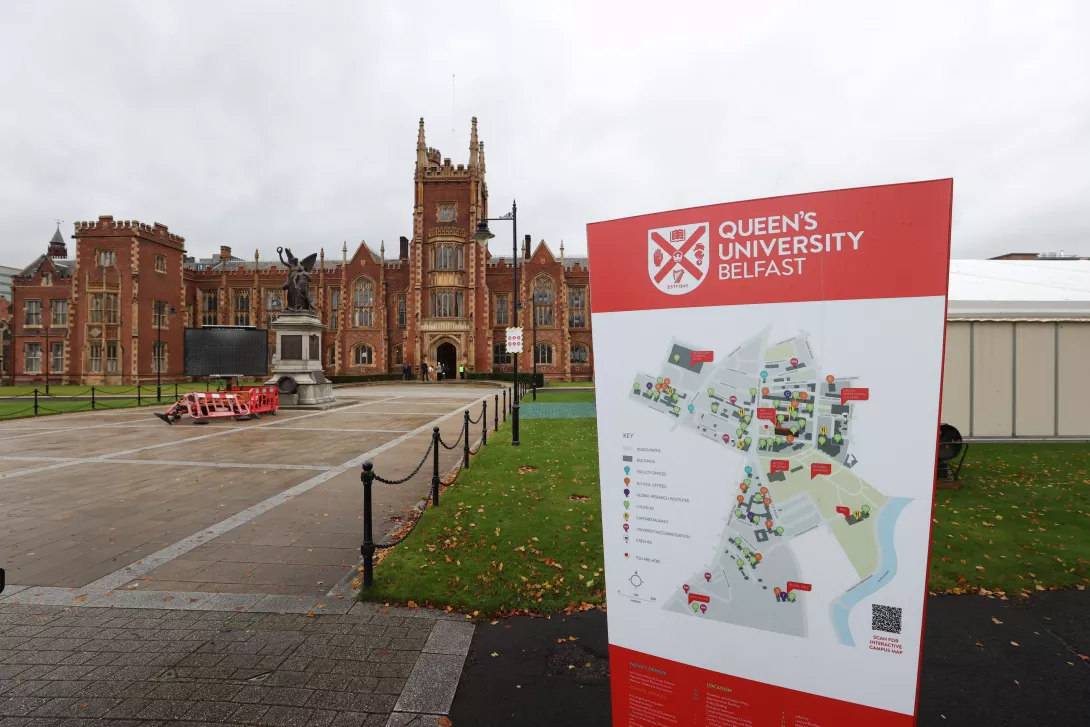
ADDITIONAL financial support is to be provided to help Palestinian students take up scholarships at Queen’s University Belfast.
It comes a few months after Queen’s vice-chancellor Ian Greer announced the extension of the existing Copty Scholarship from one to four students to support academics and students at risk across the world.
As some of those accepted on the programme found they could not afford to travel to Northern Ireland to take up the offer, Queen’s Palestine Assembly has urged the university to intervene to enable them to do so.
More from this author
Similar stories
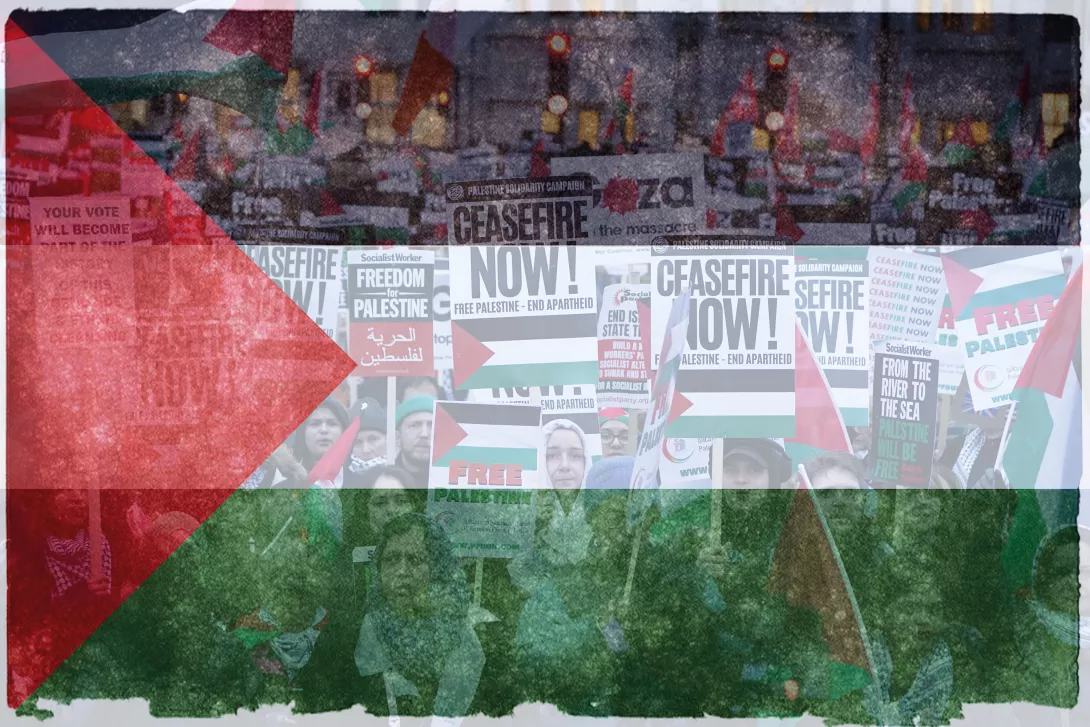
In an open letter, University of Portsmouth staff, students and alumni make nine demands calling for a Gaza ceasefire, academic freedom and an end to ‘educide’


